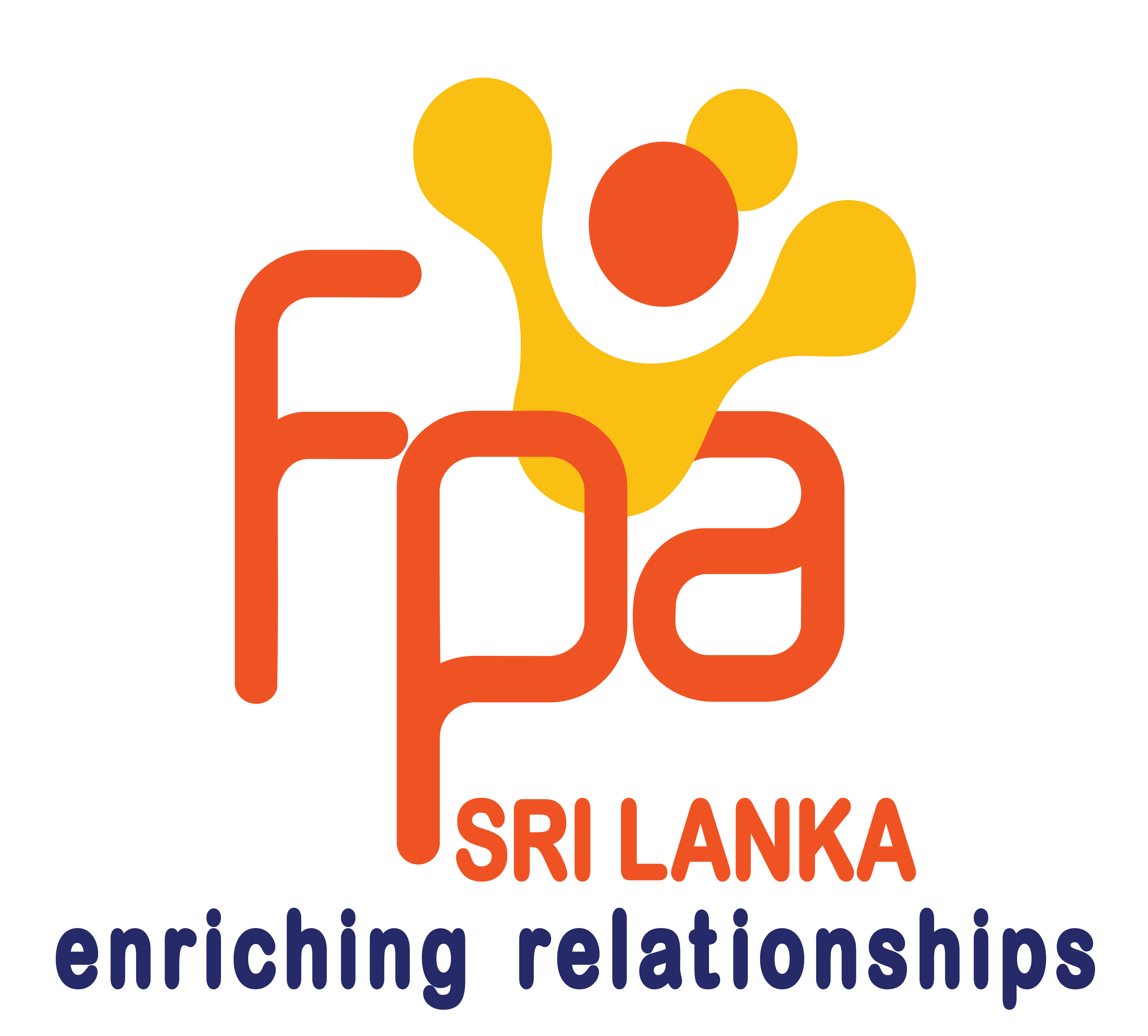

| 31 March 2016
Family Planning Association of Sri Lanka
Established in 1953, The Family Planning Association of Sri Lanka (FPA Sri Lanka), pioneered the concept of family planning in the country and is a non-governmental organization (NGO) that explores innovative and challenging processes of family planning in Sri Lanka. We are proud to be one of the most expansive and well known NGO's in the country that focuses on family planning, Sexual and Reproductive Health and welfare. Today FPASL focuses on providing services to marginalized and under-served communities, growing its SRH product range to enhance consumer choice and advocacy to ensure SRHR of all people in the country. FPA Sri Lanka advocates to increase political commitment to sexual and reproductive health education (with political and religious leaders). FPA works with community members specially youth to change norms and attitudes towards SRHR. It promotes the right to access SRH education through island-wide workshops. It seeks to eradicate unsafe abortion and liberalise abortion laws, and it aims to foster community involvement in projects. FPA works with the LGBTIQ community to address stigma and discrimination faced by the community. FPASL has six Service Delivery Points. Clinics offer a comprehensive range of sexual and reproductive health (SRH) services. These include contraception, counselling, diagnostic services, HIV and STI screening and voluntary counselling and testing. FPA Sri Lanka works closely both with the Ministry of Health. The average number of clients per year is 85,862, and average number of SRH services provided is 430,404. The Member Association also addresses key SRH and relationship issues faced by young through the Happy Life Call Centre. This centre provides information on sexual and reproductive health and rights (SRHR) to the general public through a range of new media tools. FPA Sri Lanka has developed a highly successful Social Marketing Programme (contraceptives). Today it’s the market leader in this product category and contributes around 40% of the total CYPs generated in Sri Lanka. By making a range of contraceptive products available to the consumers and supplementing it by the free FP services provided by the government, Sri Lanka has recorded a CPR of around 70%.

| 31 March 2016
Fianakaviana Sambatra, Madagascar
Relative to much of Africa, Madagascar has high levels of contraceptive use, but high birth rates coupled with endemic poverty and limited government-led sexual and reproductive health (SRH) provision mean that child mortality and maternal death figures are high. Fianakaviana Sambatra (FISA) has been fighting since 1967 to improve the nation’s SRH through advocacy, education and direct service provision. Currently, it runs 67 service points, including: 11 permanent clinics, 3 mobile units and 12 community-based services (CBSs), across 6 of the country’s regions. FISA works with 5 associated clinics and 29 private practitioners. FISA has 70 full-time staff, 184 peer educators, and a youth action movement made up of 42 members. FISA delivers a wide range of services: family planning, prevention and management of HIV and the provision and dissemination of comprehensive SRH materials. FISA has used its on-the-ground experience to advise government on national SRH policy. It has partnered with the Ministry of Health, Family Planning and Social Protection, and the Ministry of Youth to advocate for a concerted approach to resolving the critical SRH issues currently facing the country. At the same time, it works with non-governmental organizations (NGOs) such as Marie Stopes International, and the ASSONG coalition of NGOs. FISA receives financial support from UNFPA, the Big Lottery Fund, Amélioration de la Qualité De Services, the EU and IPPF’s Japan Trust Fund. It’s also closely connected to other organizations promoting SRH rights across the country and the region.







